Rose Face Water for Dry Skin
Rose Face Water, also known as ‘gulab jal’ in Hindi is one of those ingredients you just can’t go wrong with. It is a cherished ingredient in the world of Ayurveda and commercial cosmetic beauty alike. Why, must you ask? Because it is everything you want in your skincare. It tones your skin, soothes inflammation, helps with acne, locks in moisture, repels impurities, and most of all, it deals with perpetual dryness.
Rose face water is no less than a miracle for people with dry skin. The proof of its effectiveness lies in the fact that rose face water, as a means of enhancing beauty, has been used for generations, centuries even to an extent where you may even find mentions of it in old folktales, mythologies, and other religious texts native to India.
Rose face water’s specialty lies with the fact that it is by no means, seasonal. It works wonderfully for those with a dry type of skin in the hot and humid weather, and is a friend to all come winters, when even the most hydrated skin tends to dry out, even just a tad bit.
What is Rose Face Water?
Rose face water is essentially a liquid that is extracted through a process of mixing petals obtained from the rose flower and purified water. Additionally, rose face water also refers to the hydrosol portion of rose petal distillate, which is a by-product of rose oil used in formulating perfumes.

The term “rose face water or rose face tonic” is rather generic since it can loosely be used for all the different variations of the rose flower water that are obtained through different methods of extraction from a variety of roses. Rose face water, specifically refers to a type of rose water for dry skin that is most commonly used in mists and toners formulated for usage on the face. While most people are only familiar with the connotations of beauty when it comes to the usability of rose face tonic/water, it has many other uses, some of the primary ones being: -
- It is a key ingredient in fragrances with floral notes because of its sweet scent.
- It is an ingredient often used in pharmaceutical drugs as it is good for health and personal well-being because of its medicinal properties.
- It is a great addition to the world of beauty, and skincare owing to its anti-inflammatory & hydrating properties.
- It has great culinary value, adds a unique depth of flavor to hot beverages, cold drinks, both Indian & continental desserts, and savory dishes like spicy, decadent kebabs.
How is Rose Water Extracted
There are mainly three methods of production or extraction when it comes to formulating rose face water. How rose water is extracted depends entirely on the person, industry, company that acts as the extractor, and what their purpose is. The following are the most common methods of rose water extraction: -
Steam Distillation- This process of extraction is the most time-consuming, power-exhaustive, and labor-intensive of all other methods used to achieve rose water for dry skin. But it is also the purest. Fresh rose flowers are used for the process. The petals are plucked while they’re young and at their peak. These fresh rose petals are then meticulously prepped, through which distilled water is passed to collect all soluble elements and beneficial properties of said roses. The water is then introduced to extreme heat, which results in condensation. This condensed water then slowly drips into a collecting vessel and later goes through a purifying process in commercial plants wherein a few preservatives may be added to elongate its shelf-life.
Rose Oil Combined with Distilled Water- Simply combining rose oil with distilled water does not deliver the purest form of rose face tonic you can get. However, this method is a lot cheaper, since it isn’t as time-exhaustive or labour-intensive. This method usually refers to the “production” of rose water rather than the “extraction”. Although not the purest, it is a good alternative as rose oil extracted from fresh roses still has some of the therapeutic qualities that roses offer.
Mixing Rose Essence with Plain Water- This method of “producing” rose water is by far the most ineffective way. It lacks all properties of roses and only has the “essence” i.e., the fragrance of roses, to which some artificial colour may be added. This type of rose water does nothing for your face except for hydrating it when used as a face tonic mist.
Rose Face Water for Dryness
Rose Face tonic is practically a godsend for those with dry skin. It seals in a lot of moisture in the first few layers of the skin. It is also packed with antioxidants and its antibacterial properties over time with continuous usage, improve the skin’s barrier function, which then enables the layers of the skin to prevent transdermal water loss. Rose face water becomes an even better hydrant when paired with humectants and other moisturizing agents such as glycerine and some ceramides, etc.

Benefits of Rose Face Water
Roses are quite literally gifts that keep giving. They’re beautiful, fragrant, luxurious, and oh-so-romantic and they add great value to food, beauty, and medicine all alike. This organic bloom isn’t just a pretty face. In fact, it is capable of giving you a pretty face, not that you don’t already have one! Here are some of the many benefits that rose Face water has to offer: -
- It treats certain skin conditions. Studies have suggested that the powerful anti-inflammatory properties work extremely well in reducing redness and irritation caused to the skin due to conditions like rosacea. Rose water has proven to be helpful in treating mild acne (caused due to environmental impurities and external stressors), dryness and flaking of the skin, and even conditions like eczema or psoriasis.
- It balances the natural oils of your skin. Since rose face water also acts as a toner, it is only natural that it has the ability to purify the surface of your skin and give your face a refreshed and revitalized appearance.
- It can be an excellent face tonic or mist that provides extra hydration.
- Rose water has high amounts of vitamins A & C which are directly responsible for preventing oxidative damage which then helps the skin rebuild collagen while also boosting collagen production, thus justifying rose water’s claims of anti-aging properties.
- It can give you that glass-like skin look that everyone is all about without buying all those products laden with chemicals that claim but don’t deliver.
- It can improve the appearance of pores. Prominent pores may make you feel unattractive but fret not! Rose face tonic is a natural astringent, meaning it can clean out clogged pores and tighten the skin giving it a rejuvenating effect.
- It can reduce stress and enhance your mood. The subtle scent of roses naturally present in rose water can help you relax and alleviate stress. It can even help set the “mood”, whatever you may want it to be! *wink wink*.
Limitations of Rose Water
With the kinds of praises, there are about rose face water, it is only natural to think that it’s perfect. However, unlike what you may be inclined to believe, it’s not all rainbows, sunshine, and roses (pun intended). Here are some drawbacks that accompany rose face water: -
- It’s not suitable for people allergic to roses.
- You may get duped into buying impure versions of rose face water that lack the properties of traditional rose water.
- Impure versions of rose face tonic may be heavily fragranced and may cause potential irritation to your skin.
- Pure rose face water may be unaffordable for some people.
- If your rose face water is homemade, it likely has an extremely short shelf-life meaning, it may be inconvenient for you to formulate fresh rose water at home ever so often.
- It is not enough on its own to moisturize your glowing skin Despite what you’ve heard out there, Rose face tonic alone can, by no means, replace your moisturizer entirely.
How to Spot Pure Quality Rose Water?
If you are genuinely interested in improving the quality of your skin, it is important to do so with only the purest and best quality of rose face water. Using an impure version may end up doing more harm than good.

Here are some of the major factors that contribute to the quality of rose face water: -
- The method of extraction
- The variety/species of roses used
- Whether the petals used were fresh or dried
- The region where the roses were sourced from; if you’re into DIY and want to make your own rose face water at home, you’ll want to avoid lab-grown roses that have been sprayed with chemicals and rather source them from an organic farm or garden, not the average florist.
Following are some effective tips on how to identify and differentiate between pure rose water and the same of a poorer quality: -
- Pure rose face water is ALWAYS transparent. You may think roses do give a pinkish hue to the water but it really doesn’t! And yes, pink is prettier to look at by that does not make it good for you so just save yourself the trouble and choose a colourless version to ensure it has no additives.
- Look out for the words “steam-distillation” on the bottle. That is the best and the only way to extract good-quality rose face water in its purest form. Merely mixing water with rose essence or rose oil may qualify as rose face water but it is far from the real thing.
- The only ingredients the bottle should mention include the variety of roses used (bonus points if it mentions the region they were sourced from) and distilled water. Anything else should be alarming to you.
- Avoid versions with heavy fragrances. Steam distillation only gives way for the faintest pleasant scent of roses. If the rose face mist you’re choosing has a prominent smell of roses, it likely has perfume added to it, which certainly is not safe to put on your face.
- Don’t buy rose face water that is a bit too affordable. As mentioned, time and again throughout this blog, extracting rose water the correct way is extremely time-exhaustive and labour-intensive. Not to forget, it requires a lot of clean water and good quality rose flowers. 1 litre of rose water needs approximately 5000 kilograms of rose petals. How then, could this be inexpensive?
5 Ways to DIY Rose Water to Help Your Dry Skin
If you’re already a rose water fan by now, we can relate! It is truly a magic potion in a tiny (or a big one, no shame here!) bottle. So, now that you know rose water is all that and more, how exactly can you use it to help you with your dry skin? The answer is simple! By reading this guide to rose water further. Here are 5 easy Rose water DIY Remedies that are sure to help you if you deal with perpetually dry skin. Check them out: -
Rose Water Face Tonic
If dry skin is a long-lasting problem for you, you know there’s nothing quite better than a good face tonic. Instead of spending your precious money on various toners and face mists that sure do cost a lot, are laden with chemicals but still somehow, don’t seem to work. Rose face water can do everything your average face tonic can. In fact, it can do all of the same things better.
Things You Need: a) Pure, good quality rose water, b) spritzer bottle (if the original bottle of rose water doesn’t have one)
How to Use: Transfer your rose water to a spritzer bottle or attach a spritzing pump to the current bottle. Spray on freshly cleansed face. Follow it up with a moisturizer or face oil to lock in the moisture. Use throughout the day whenever skin feels dull or dry. You may even add a small amount of rose water to your foundation for a better moisturized, hydrated and dewy look.
Hydrating Rose Water Serum
Serums are all the rage in the beauty community right now. They’ve been so for a while. They’re small, cute but seemingly effective. And, there’s so much to choose from. But, the abundance of that choice is more of a curse than a blessing because there aren’t many ways of knowing what is actually good and what isn’t. The best way of avoiding that conundrum is by formulating your own serum; one that’s light, with easy-to-find ingredients, lasts you a decent time, and most importantly, does what it needs to, i.e. moisturize your face and make it glow like the moon.

Things You Need: a) Pure Rose water, b) Glycerin, c) Lemon Juice, d) Sterilized Glass Bottle with a Dropper attachment cap, e) Preferred Oil of choice
How to Use: Mix 5 tablespoons glycerin with 5 tablespoons of rose water, 1 teaspoon of skin-safe oil, and 1 ½ teaspoon of lemon juice. You may face some difficulty at first but mix them thoroughly using the help of an emersion blender till they’re completely combined and emulsified. Transfer to your serum bottle and store in the refrigerator for up to 3 months. Use on a freshly cleansed face before sleeping at night or before putting on your makeup.
**The vitamin C present in the lemon juice may make your skin sensitive to the sun so avoid going into direct sunlight without using a good helping of SPF or simply use the serum at night.
Rose Face Water Mask
On days when you just need that extra boost of hydration, a good face mask helps a great deal. Especially one that has no toxic ingredients and can be made right from the comfort of your home without an annoying run to the store. Who does not want that? Certainly not us! Especially when the face mask in question has been passed down for centuries for generations of grandmothers. This particular dry skin home remedy has undoubtedly been a staple in most households and rightfully so. It is a beautifying remedy that enhances the user’s natural beauty, is quick to prepare (takes no more than a couple of minutes), can be stored in the refrigerator for up to a week, suits all skin types, and is free from any harmful additives.
Things You Need: a) Multani Mitti (Fuller’s earth), b) Rose water, c) Milk of choice (vegan alternatives of your preference also work for this)
How to Use: Mix 2 tablespoons of Multani Mitti with 1 tablespoon of milk and 1 tablespoon of pure rose face water in a small bowl till all of it is well combined with a completely smooth consistency. This should not take you longer than a minute. Ensure that both your milk and your rose water are at room temperature before adding. Once you have a smooth paste, apply it all over your face evenly using either your fingers (this is the desi way and we prefer this) or using a silicone mask spreader or a foundation brush (Beware; this will stick between the bristles of the brush, wash it off immediately after usage or use an older brush that you would otherwise discard). Relax the muscles of your face and let the mask air-dry for 20 minutes. Wash it all off with lukewarm water and pat dry with a clean cotton towel. Apply a hydrating gel, lotion, kumkumadi tailam, or moisturizer immediately after to lock in the moisture obtained for your skin through the pack/mask.
Rose Face Water Face
In our honest opinion, face creams likely make up a category that is one of the hardest across all varieties of beauty products to find your perfect match in. To find a cream that works wonderfully and suits your skin as if it was tailored specifically for you. However, to make a face cream like that is even better, especially when you have guides such as this one to tell you exactly what to do and how to do it!

Things You’ll Need: a) Pure rose water, b) Good quality aloe vera gel (preferably one that is organically sourced and 99% or more natural), c) A Skin-safe Butter (natural types of fat that are beneficial for the skin) like mango butter, shea butter, etc., d) An emulsifying machine, preferably an emersion blender or a food processer.
How to Use: In a large bowl or the food processor, add 100 grams of aloe vera gel with 3 tablespoons of rose water and 150 ml of mango seed butter (or whatever fat you wish to use). Mix it all till roughly combined, then start the emulsion process. Run your emersion blender in a circular motion throughout the bowl for 10 minutes. Check if the mixture has reached a fluffy cream-like consistency, if not, emulsify with blender for a few more minutes till it gets there. If you’re using a food processor, start it up on the lowest power setting first, gently increasing the power till it reaches the highest setting, then slowly start streaming in your butter in its melted but cool-to-touch form (be very slow and patient) till gets fluffy and resembles the texture and consistency of a cream. Store this beautiful concoction away from sunlight, preferably in a dark, cold, and dry spot, in a sterilized container or glass jar with an air-tight lid. Use this rose water for dry skin the same way you would use any other face cream and enjoy it for up to 2 months.
Rose Water Face Tonic Setting Spray
If you have a setting spray that you have a love-hate relationship with, we get it! Does it set your makeup beautifully but tends to dry out the skin.? Or did you make a terrible investment in a bad setting spray that does nothing for you? Perhaps it makes your skin feel tight, uncomfortable and fails to add any shine to the face making your appearance dull and lackluster? If so, we have got the perfect solution for you. An easy way to make the best of both worlds with a setting spray that needed an extra boost or reviving the old setting mist that you thought was a useless lost cause.
Things You’ll Need: a) Pure rose water, b) Makeup Setting Spray of choice, c) Rose oil or Almond oil
How to Use: Take the bottle of your setting spray, and empty out ⅓ of the original contents. Add in the rose water directly to the bottle in a 2:1 ratio, 1 being rose water and 2 being the setting spray liquid. To this, add 5-6 drops of whatever oil you’re using (if the bottle has 100 ml capacity). Close the lid tightly and shake vigorously for about 5 minutes to mix all the contents. Use this the same way you would use the original version of your setting spray for a natural glow and over-the-makeup boost of moisturization.
Parting Note
By now you’ve read all the possible things rose water is good for. And the bad ones as well. Rose water for dry skin is no less than magic. You can make a face tonic out of it, you can make a mist or as we like to call it, rose face water out of it. It is a great addition to your skincare and makeup alike and almost everyone can find a use for it (sorry if you’re allergic). It may be pricey at most times but one would argue (us included) that splurging on good quality rose water for dry skin for its medicinal and beautifying properties is totally worth it.


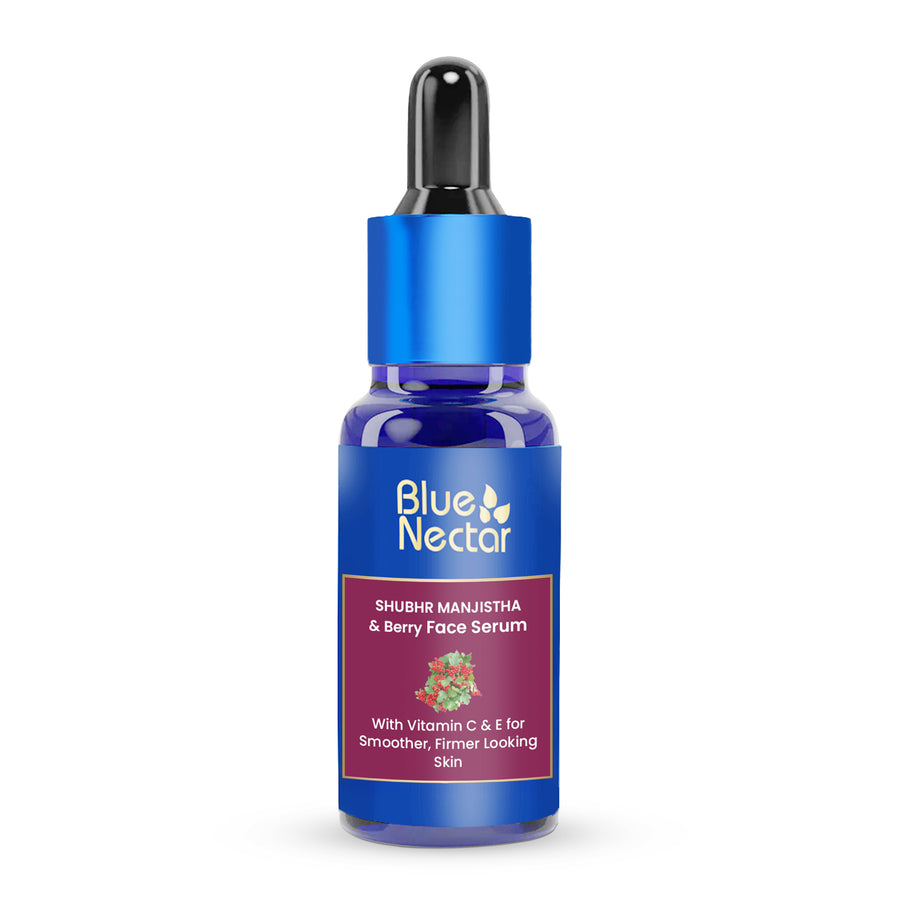
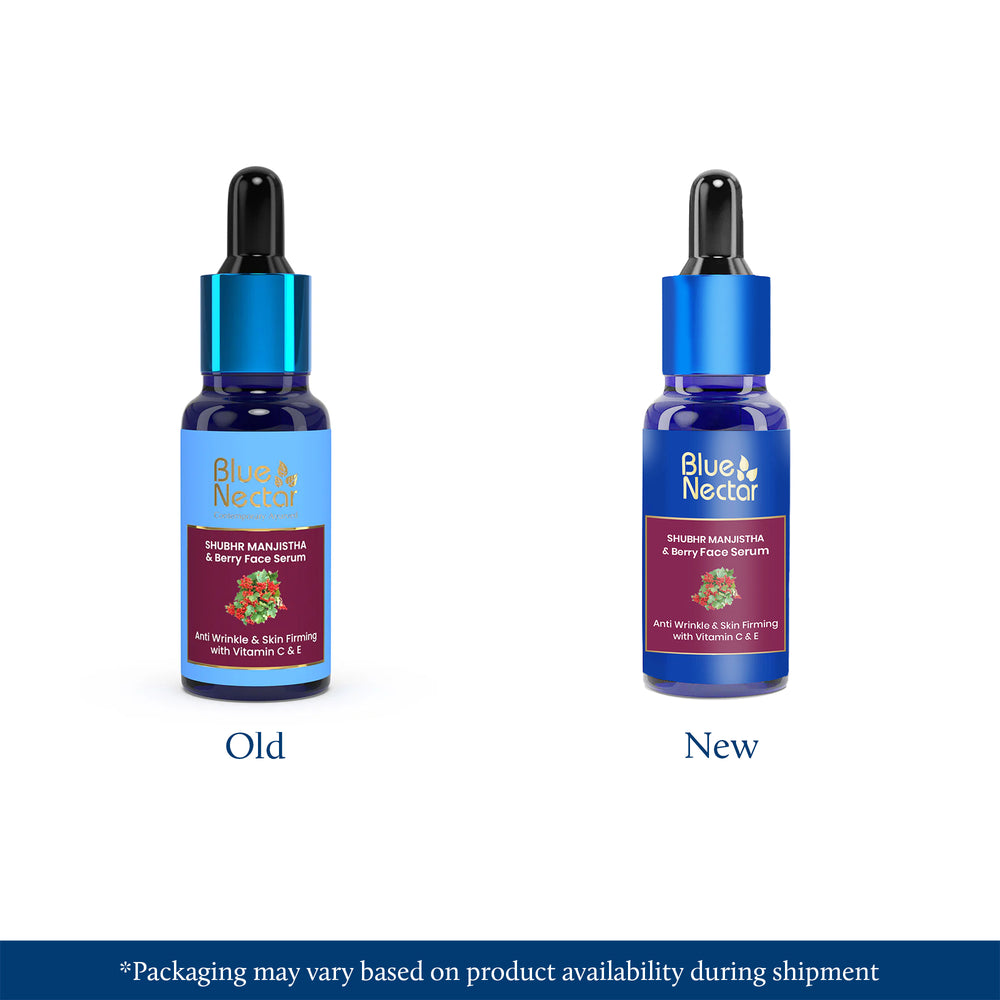



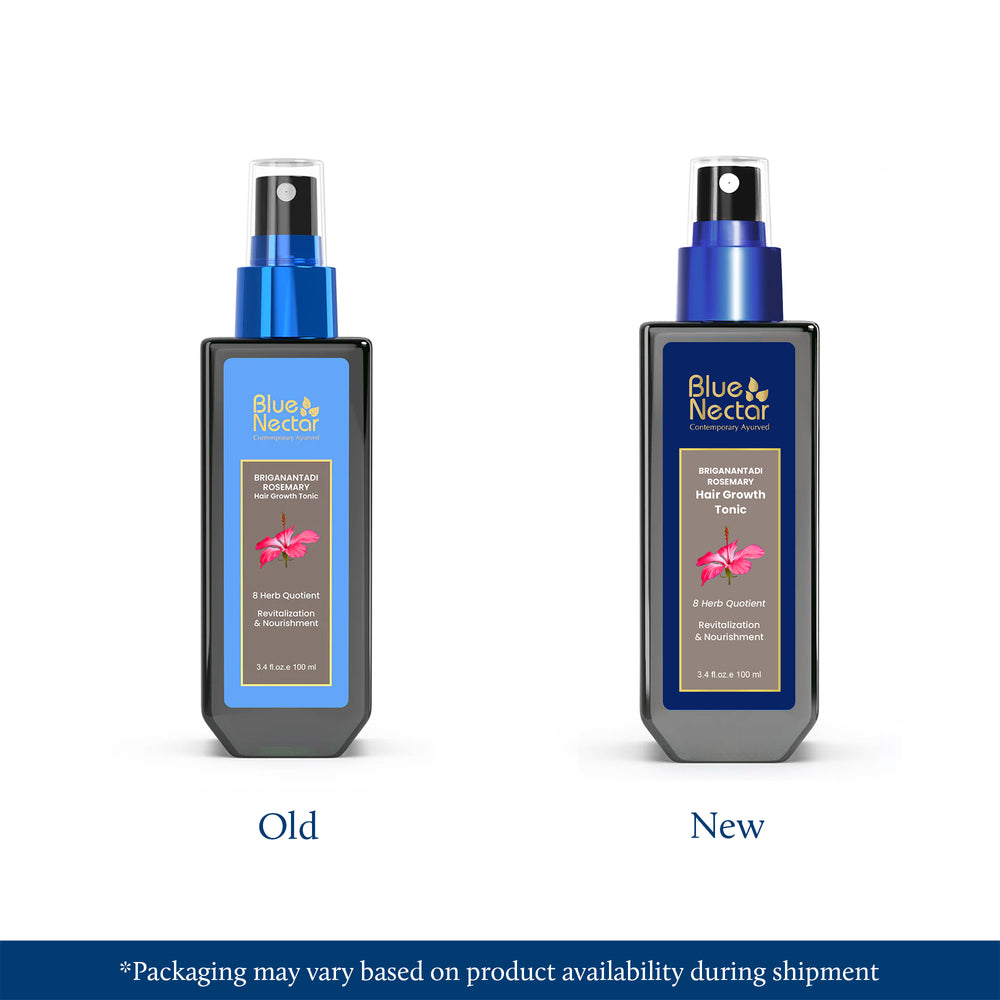
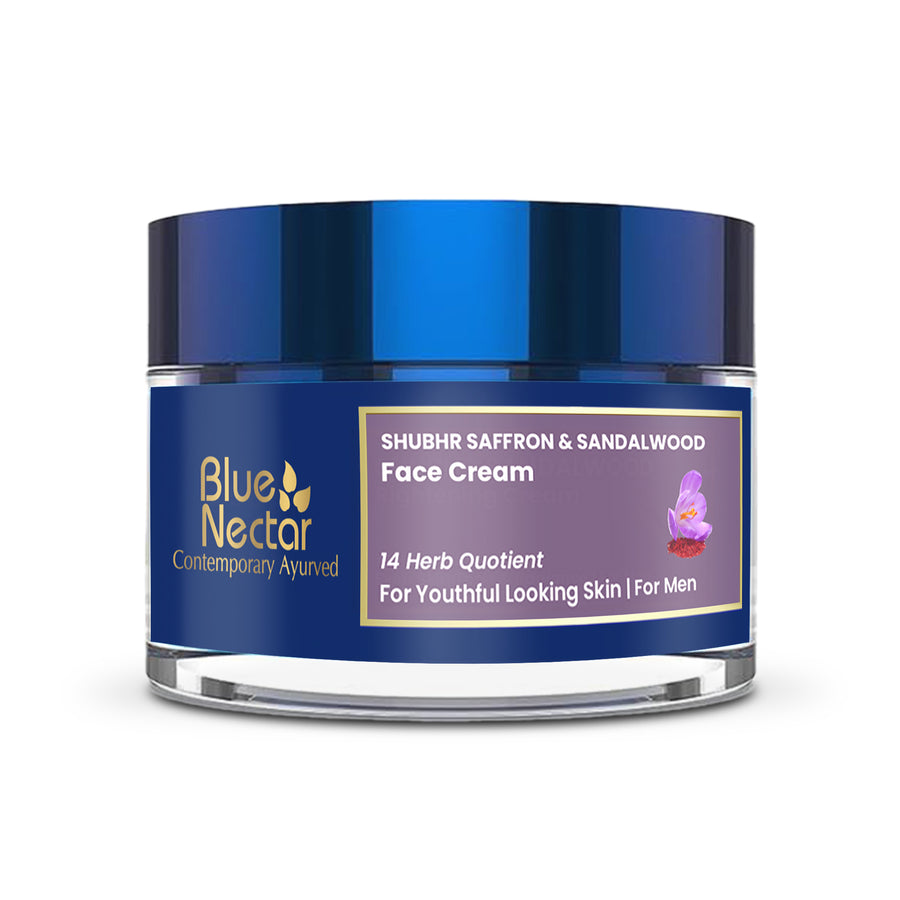
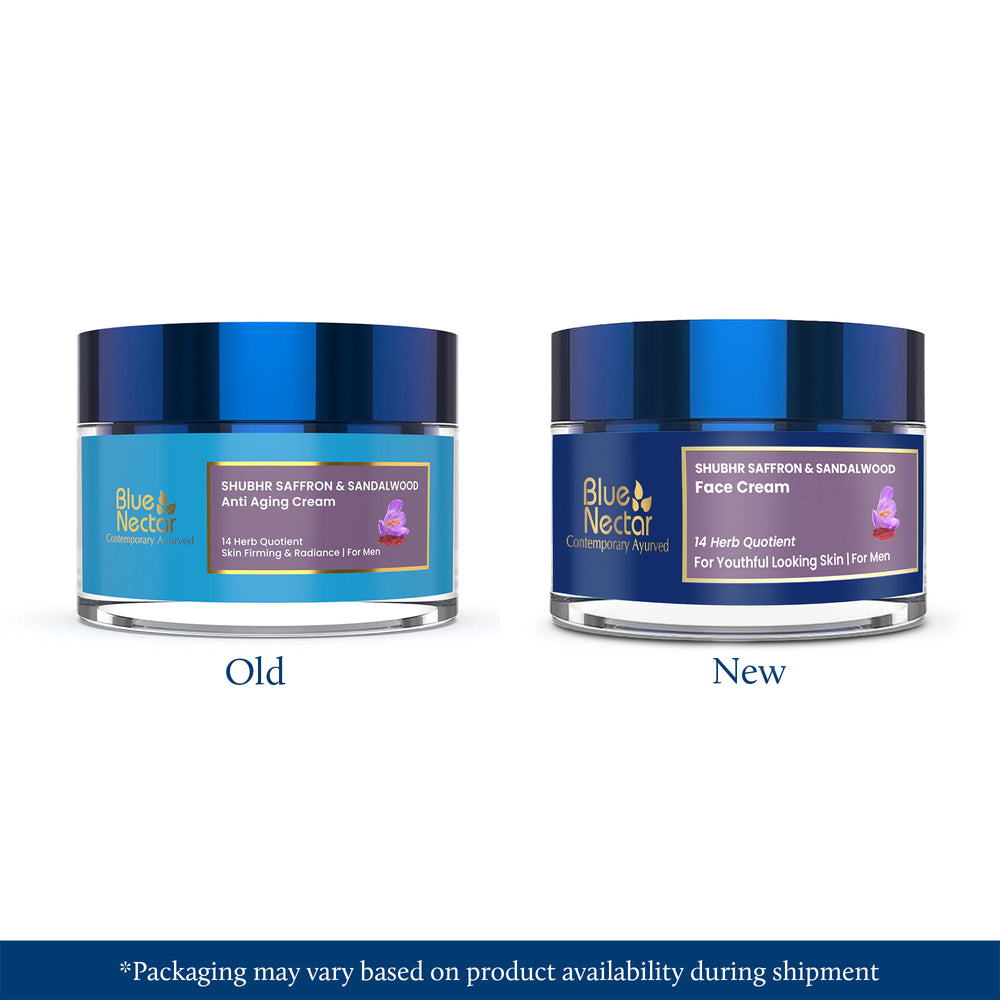
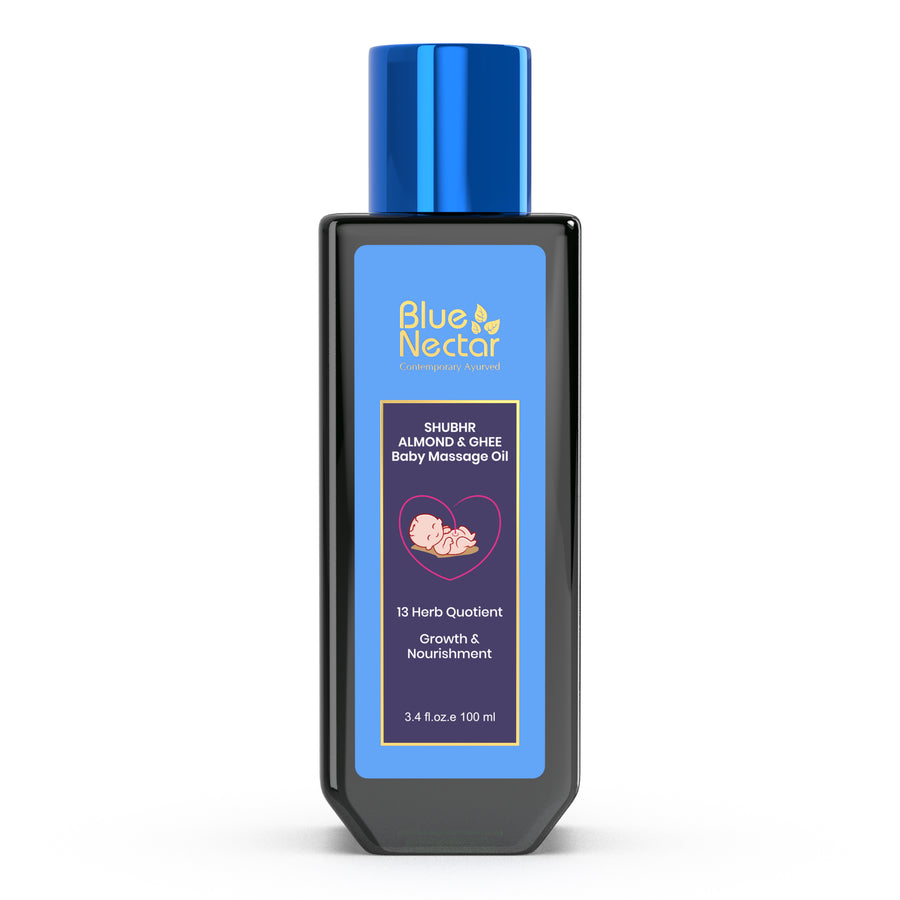
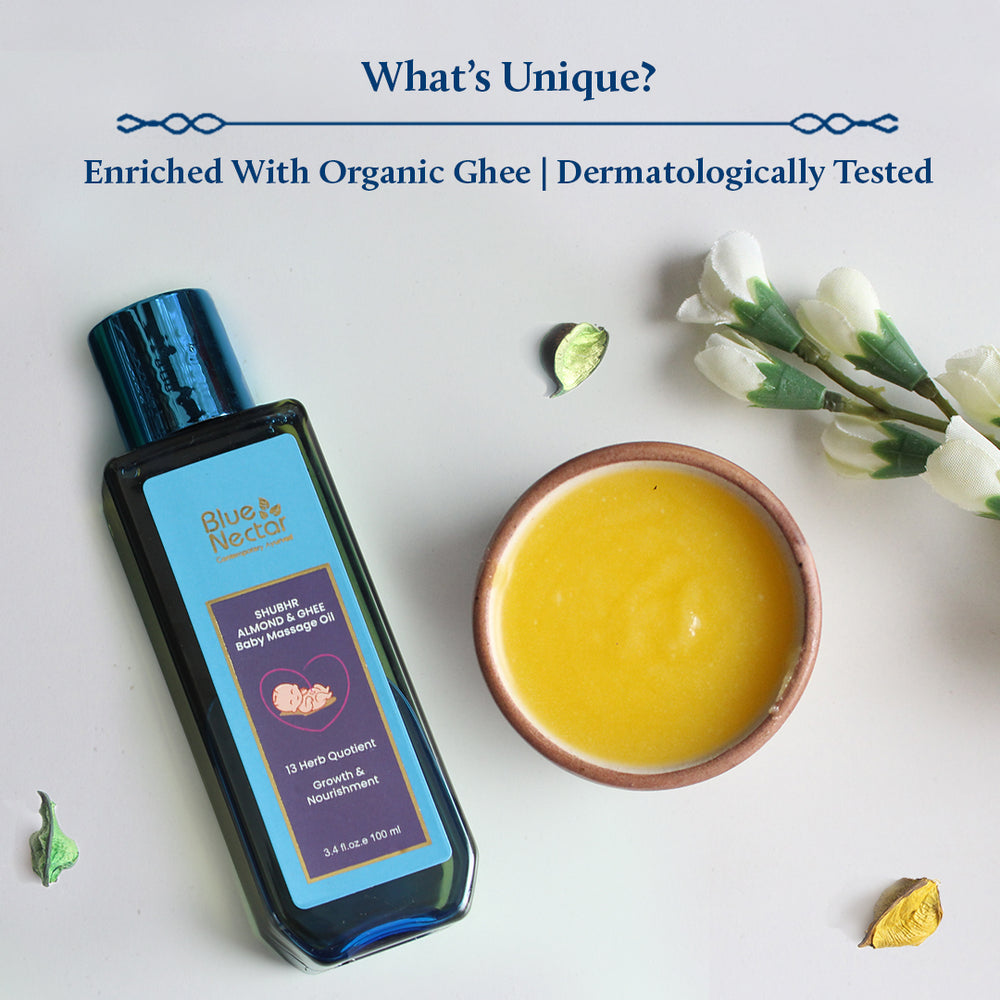


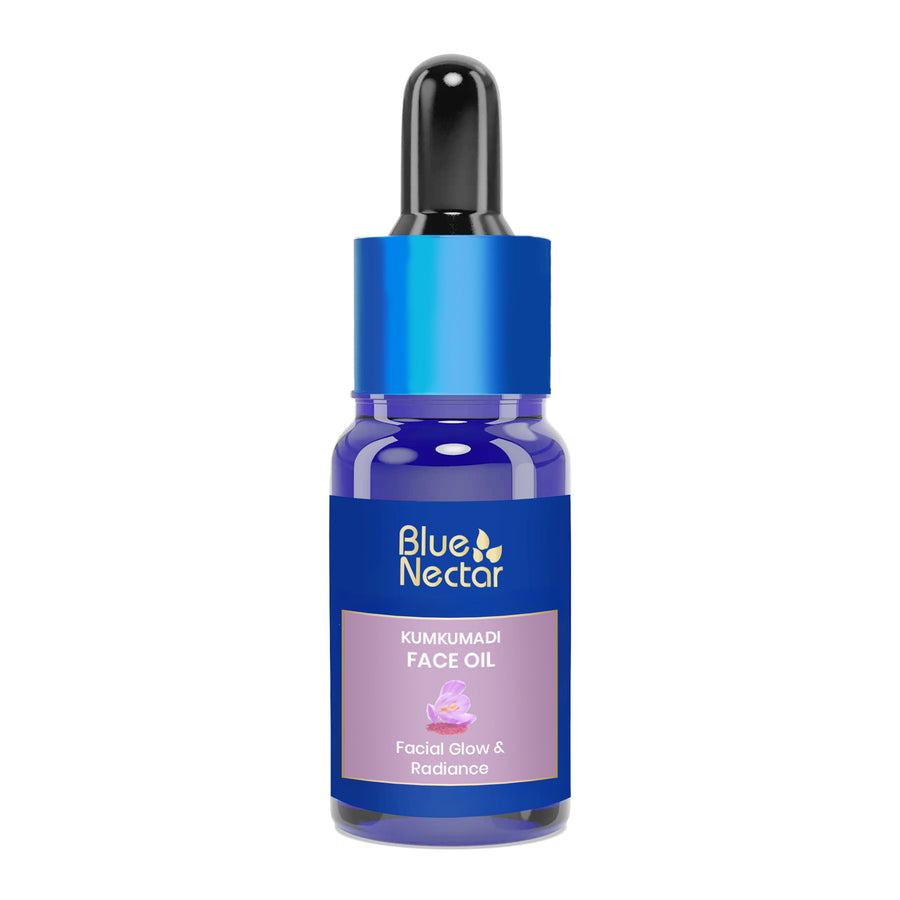
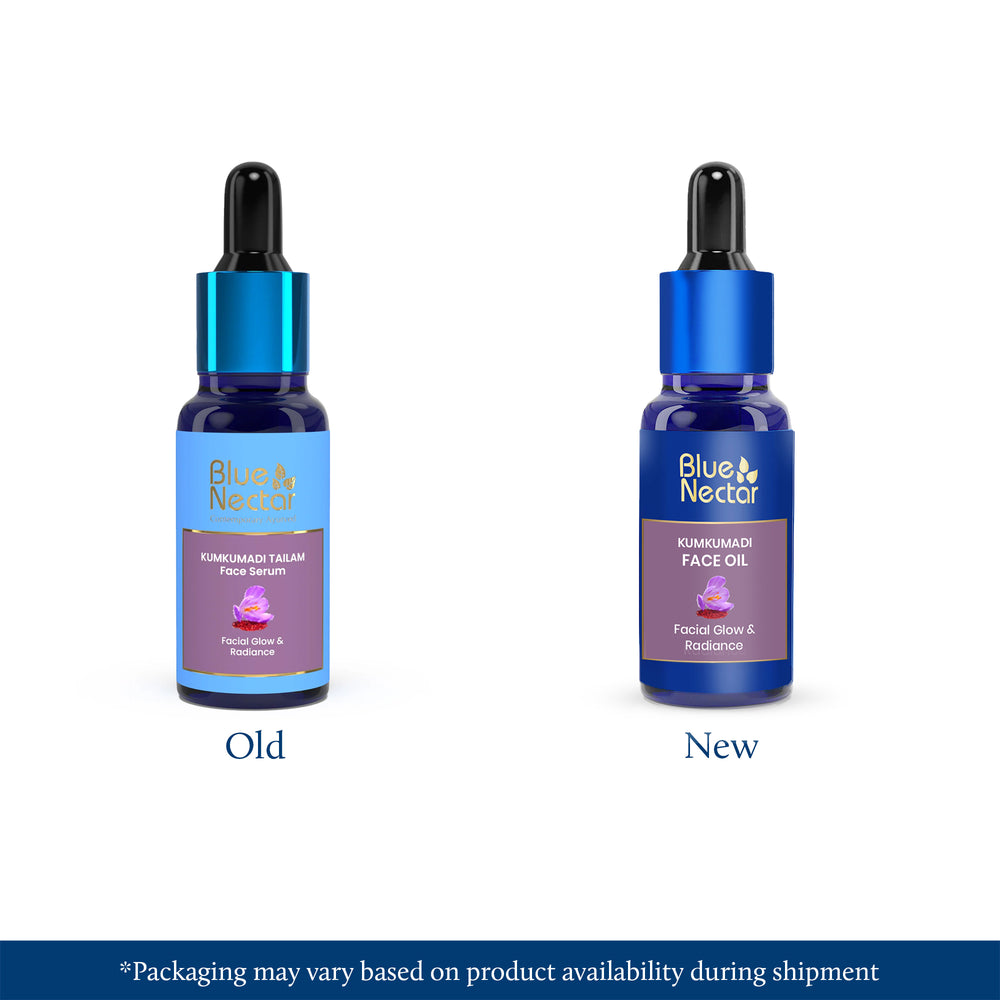
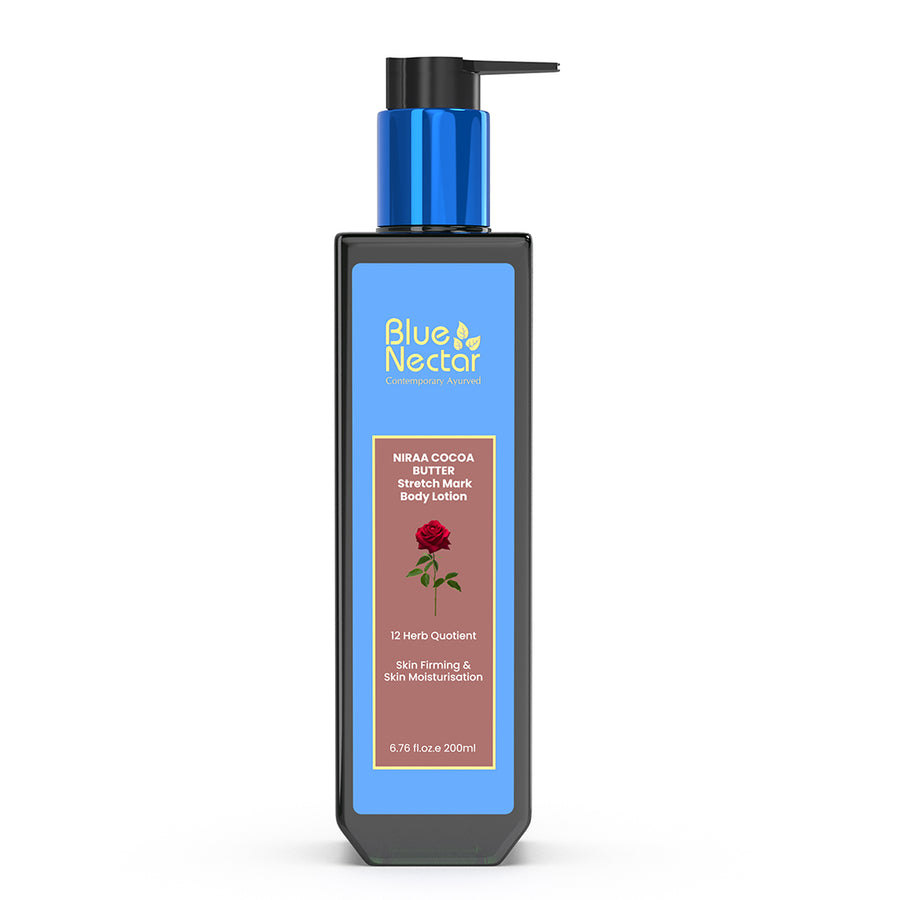
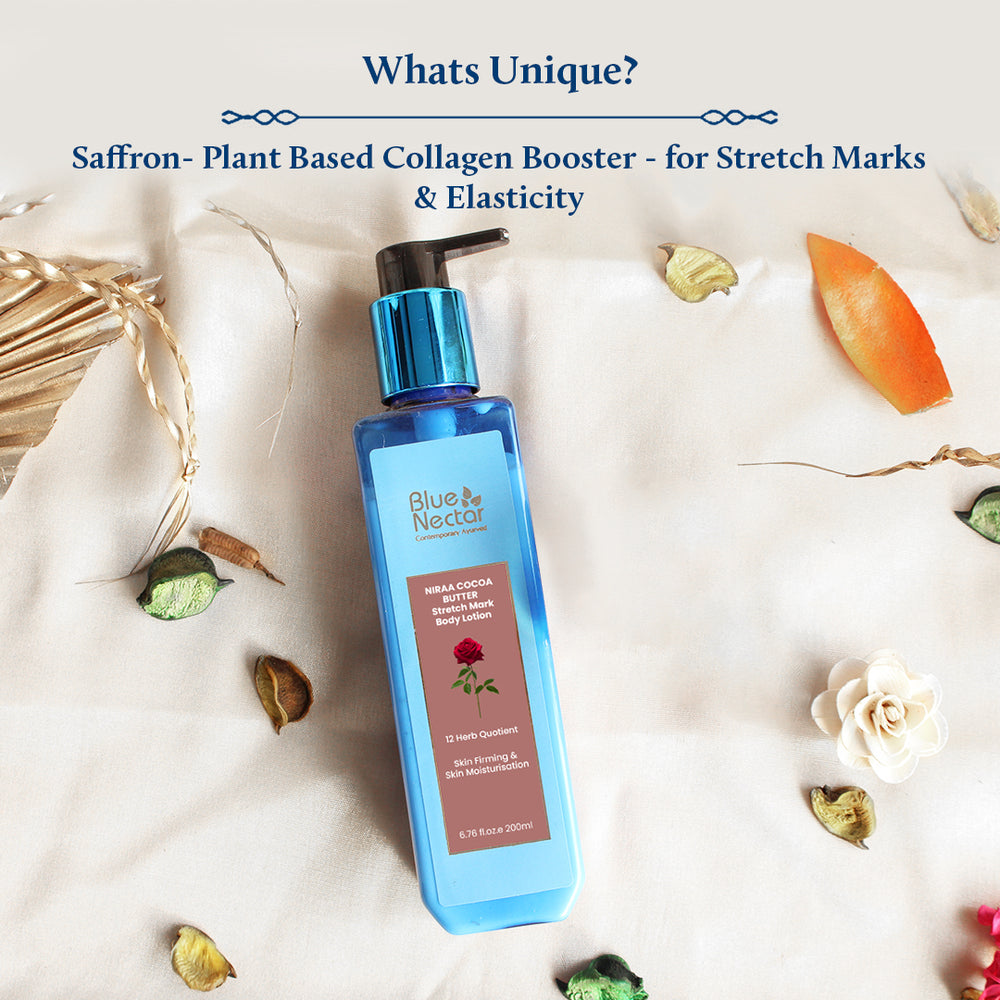
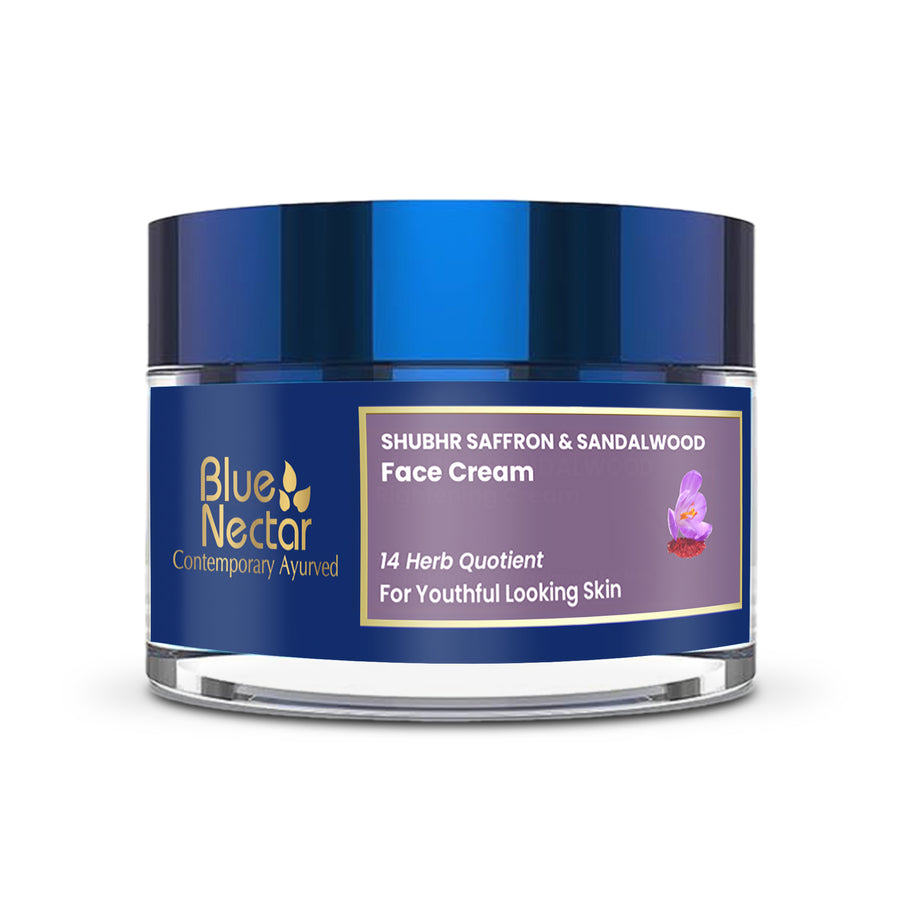
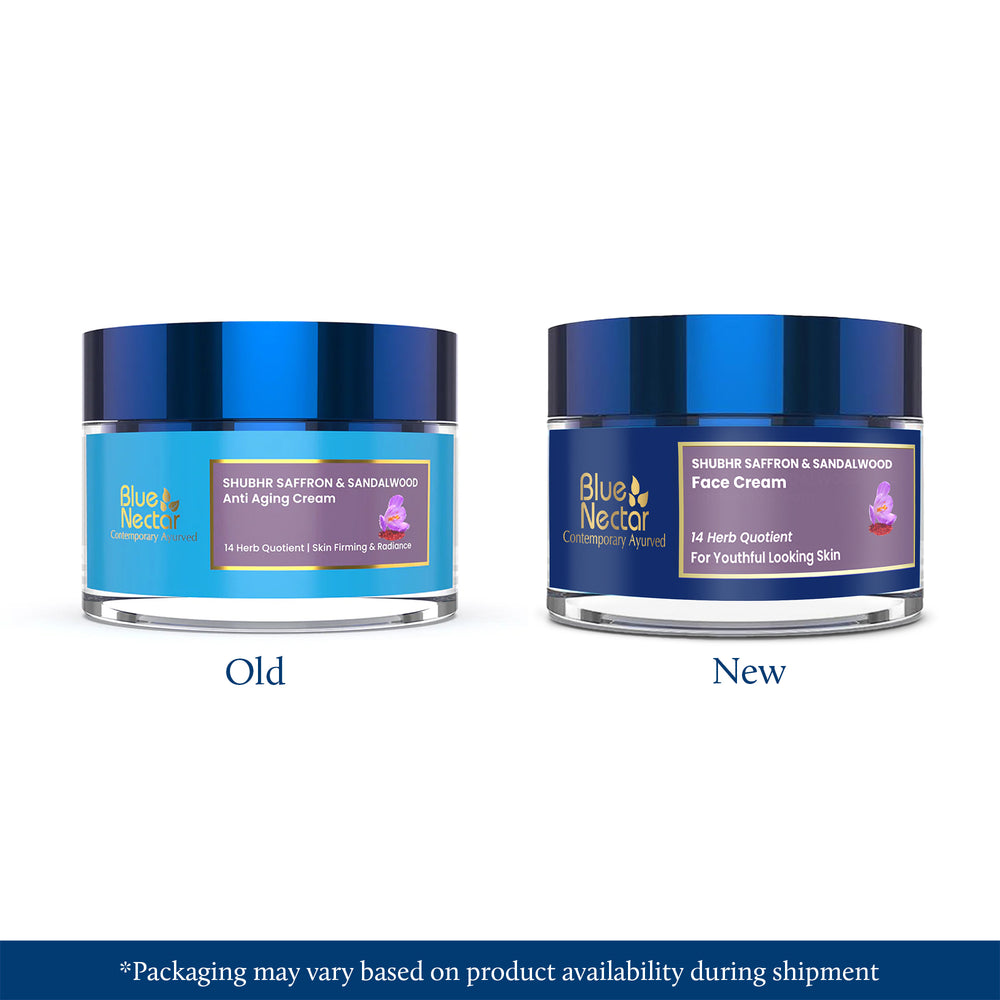
Leave a comment